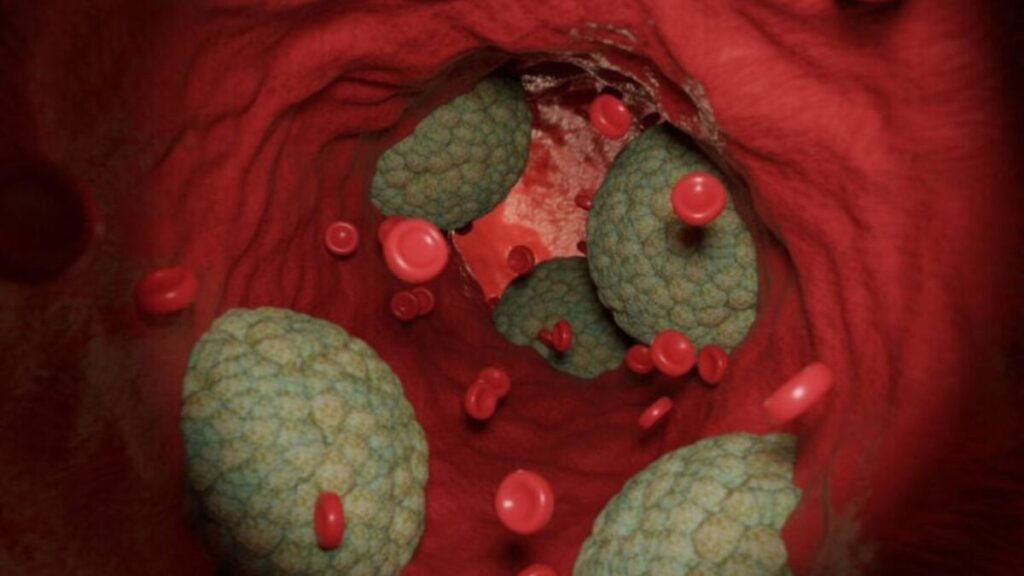There are heart attacks that could be caused by germs

Germs may be worse for us than previously thought. A new research suggests that some infections could be a contributing factor to heart attacks.
The study, conducted by scientists from Finland and the UK, analyzed arterial plaque from people who died from heart disease and other conditions. They found that these plaques often contained a latent bacterial biofilm. They also found evidence that bacteria from this biofilm can lead to heart attacks. Although the study is not definitive, it could eventually lead science to preventing or treating heart attacks, according to the researchers.
“This finding adds to the current conception of the pathogenesis of heart attacks,” they wrote in their study, published last month in the Journal of the American Heart Association.
Potential dual origin
Many believe that some infections can make us more vulnerable to heart attacks. But according to the researchers, it has been difficult to determine the precise mechanisms involved in this potential chain of events.
They analyzed arterial plaques – deposits of cholesterol and waste that can accumulate in our arteries – from people who died suddenly, and from patients who had the plaque surgically removed. Using various methods including genetic sequencing, they identified several groups of bacteria commonly found in the mouth, which had lodged in these plaques.
The bacteria had formed biofilms, resistant and sticky layers of bacterial colonies. Bacteria in a biofilm are much better at defending themselves against our immune system and antibiotics compared to those that must do so individually.
The researchers found that biofilms deep within the plaques did not trigger an immune system response. However, there were plaques with bacteria that had been released from the biofilm, and these bacteria seemed to cause an immune response and subsequent inflammation. Furthermore, the presence of these released bacteria also appeared to be related to plaque rupture and heart attacks.
The authors of this study say that for these bacteria to cause heart problems, two conditions must be met. The biofilm inside the plaques is hidden and latent, but if something activates the bacteria – like a secondary viral infection – the bacteria grow and awaken the immune system, causing inflammation that ruptures the plaque. This ruptured plaque can produce clots that block blood flow in the artery, causing a heart attack.
Unanswered questions, and new clues
The results of this study will need to be validated by more studies from other research teams for ideal conditions. But if confirmed, this study could certainly help better combat heart disease.
The researchers suggest that a brief course of antibiotics to people whose heart attacks are caused by these bacteria could improve their outcomes, for example. In the future, we may even be able to prevent heart attacks using vaccines against these bacteria or other common secondary infectious triggers.
It is noteworthy that several studies have already suggested that people vaccinated against the flu, pneumonia, and hepatitis have a lower risk of heart disease.
This article has been translated from Gizmodo US by Lucas Handley. You can find the original version






